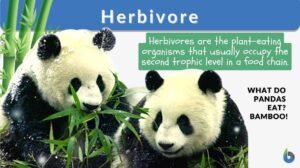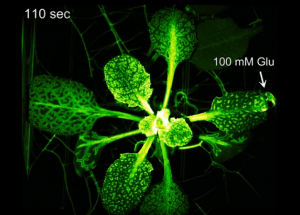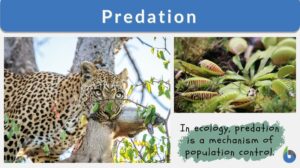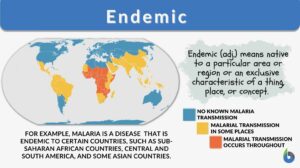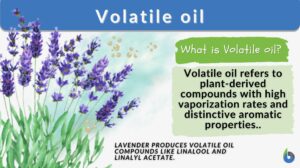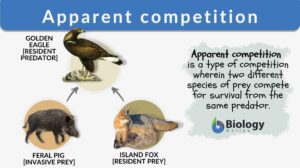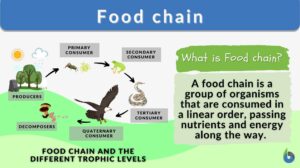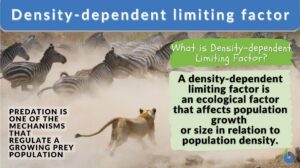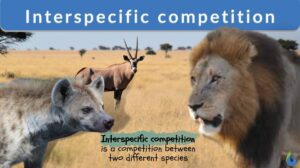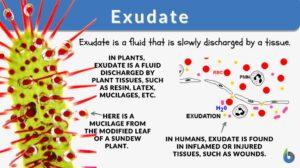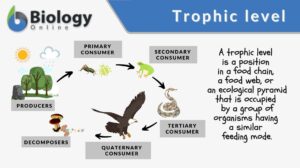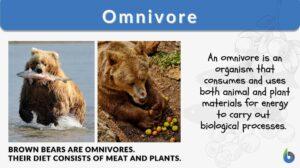Search Results for: herbivore
Plant sets off “SOS” for plant defense when it gets hurt
When herbivore, such as an insect, nibbles a plant leaf, the plant sets off an "SOS" or distress signal as one of the... Read More
SENI Biometric Analysis on the extinct Scincidae species: Macroscincus coctei (underlined)
Brian L. Schnirel Leeway Corucia Research Center (LCRC) Courtesy: Polyphemos (2004) Introduction: It has been... Read More
Volatile oil
Volatile Oil Definition Volatile oils are aromatic compounds that are characterized by their volatility and inability to... Read More
Biological magnification
Definition noun, plural: biological magnification The increasing concentration of a particular substance (e.g. toxin) as it... Read More
Apparent competition
Competition Definition One of the many branches of biology is ecology. Ecology is the study of the relationships that the... Read More
Food chain
Everything is a cycle in life. The way organisms consume their food also follows a cycle. This is usually described as the... Read More
Calvin cycle
Calvin Cycle Definition The Calvin cycle, also known as the Calvin Benson cycle or the dark reactions, is a series of... Read More
Isomaltulose
Definition noun plural: isomaltuloses A disaccharide comprised of a glucose monomer and a fructose monomer joined by... Read More
Carnivorous diet
Definition noun A type of diet consisting mainly or exclusively of animal meat or tissues Supplement A carnivorous diet is a... Read More
Vermiform appendix
Definition noun, plural: vermiform appendixes (anatomy) A worm-shaped, vestigial process extending from the lower blind end... Read More
Density dependent limiting factor
What Is A Density-Dependent Limiting Factor? Density-dependent limiting factors are limiting factors, which, depending on... Read More
Alimentary canal
Definition of Alimentary canal What is the alimentary canal? The alimentary canal is a muscular hollow continuous tubular... Read More
Arboreal locomotion
Definition noun A form of locomotion of animals that live in and move through trees Supplement Locomotion pertains to the... Read More
Interspecific competition
Interspecific Competition Definition In Biology, competition is defined as the process that occurs among species that have... Read More
Humans are Omnivores – Evidence
A number of popular myths about vegetarianism sprung with no scientific basis. One example of such a myth is that man is... Read More
Biotic factor
Biotic Factor Definition A biotic factor is the living component in an ecosystem. The term "biotic" means "of or related... Read More
Primary consumer
Definition noun, plural: primary consumers Any organism that consumes or feeds on autotrophs Supplement A food chain is... Read More
Trophic level
In ecology, a trophic level pertains to a position in a food chain or ecological pyramid occupied by a group of organisms... Read More
Photoheterotroph
Definition noun, plural: photoheterotrophs An organism that depends on light for most of its energy and principally on... Read More
Freshwater Lentic Communities & Animals
Plants that live partially or completely submerged in water are deemed hydrophytes. A form of symbiosis occurs with these... Read More
Fasciola hepatica
Definition noun A liver fluke belonging to the family Fasciolidae of the class Trematoda, and is endemic in the U.S.,... Read More
